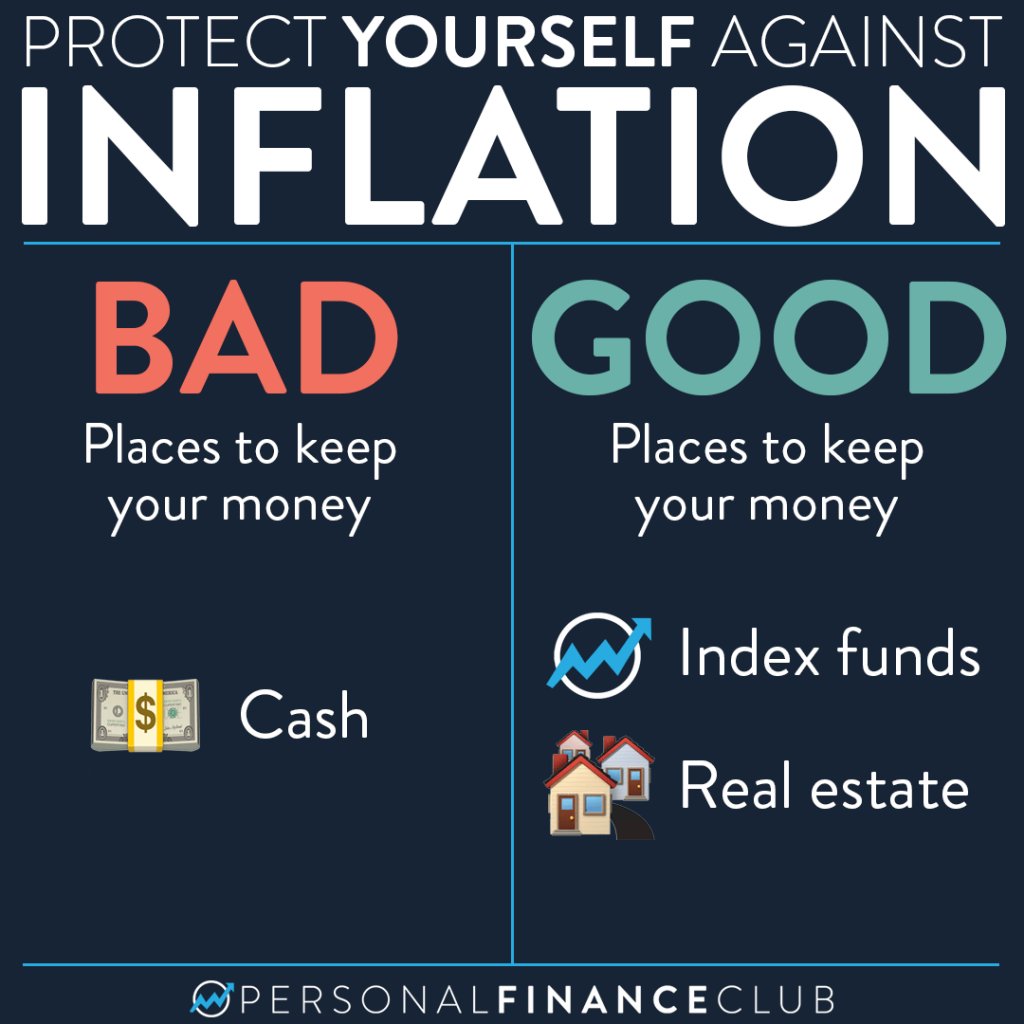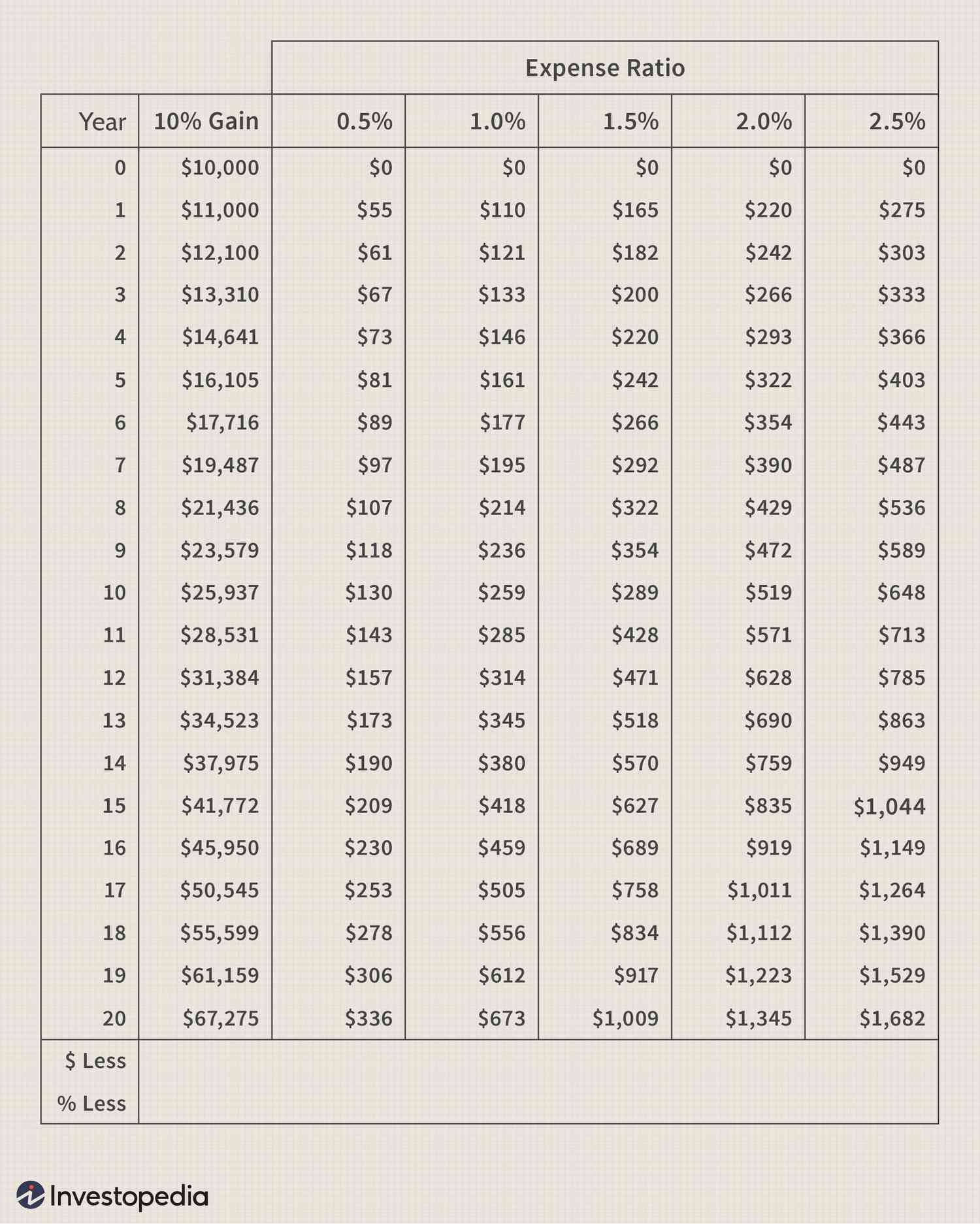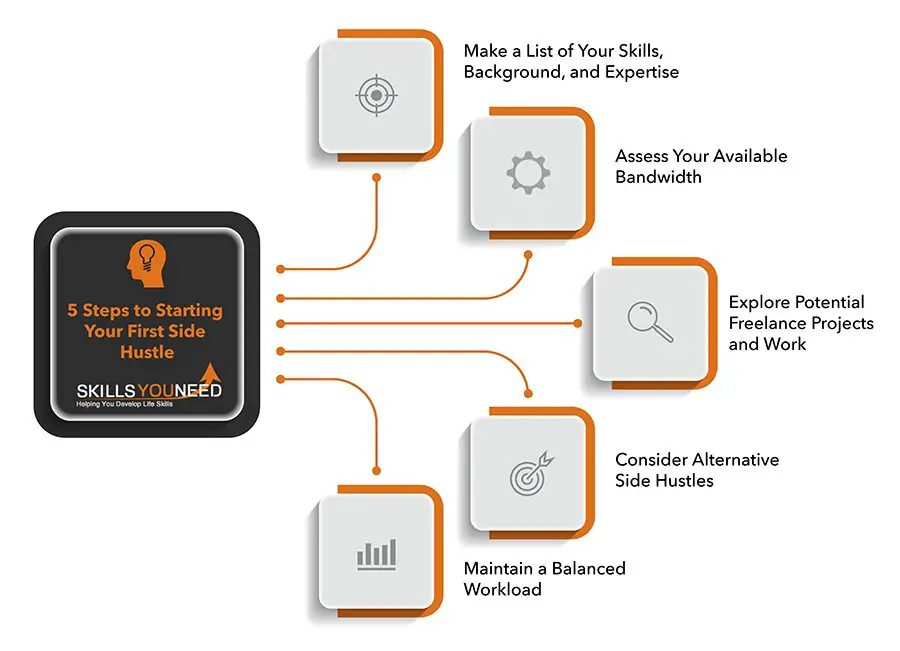Inflation can pose a significant threat to our hard-earned money, eroding its value over time. So, how do you protect your finances from inflation? The answer lies in being proactive and making smart financial decisions. By understanding the impact of inflation and taking strategic steps, you can safeguard your wealth and ensure its growth. In this blog article, we will explore effective strategies and practical tips on how to protect your finances from inflation, empowering you to secure your financial future. Let’s dive in and unlock the secrets to financial protection in an ever-changing economy.
How to Protect Your Finances from Inflation
Inflation is a natural part of any economy, causing the prices of goods and services to increase over time. While it may seem inevitable, there are steps you can take to protect your finances from inflation and safeguard your hard-earned money. In this article, we will explore various strategies to help you stay ahead of inflation and ensure your financial stability. From investing in assets that outpace inflation to making wise purchasing decisions, let’s discover how you can shield your finances from the erosive effects of inflation.
1. Invest in Inflation-Protected Securities
One effective method to safeguard your finances from inflation is by investing in inflation-protected securities, such as Treasury Inflation-Protected Securities (TIPS) in the United States. These government-backed bonds guarantee a real rate of return, ensuring that your investment keeps pace with inflation. TIPS adjust their principal value based on changes in the Consumer Price Index (CPI), thus offering protection against the erosion of purchasing power caused by inflation.
When you invest in TIPS, you are essentially buying a fixed-income security with a built-in inflation hedge. As the CPI rises, the principal value of your TIPS increases, resulting in higher interest payments. This way, your investment grows in line with inflation, mitigating its impact on your overall financial well-being.
2. Diversify Your Investment Portfolio
Diversification is a crucial strategy when it comes to protecting your finances from inflation. By spreading your investments across different asset classes, you reduce the risk of inflation negatively affecting your entire portfolio. Here are a few options to consider:
- Stocks: Historically, stocks have outperformed inflation over the long term. Investing in a diversified portfolio of high-quality stocks can help shield your finances from the erosion caused by inflation. However, it is important to conduct thorough research and consider seeking advice from a financial professional to make informed investment decisions.
- Real Estate: Real estate has proven to be a reliable hedge against inflation. Investing in income-generating properties or real estate investment trusts (REITs) can provide both regular income and potential value appreciation, which tends to outpace inflation.
- Commodities: Certain commodities, such as gold and other precious metals, have historically retained their value during times of inflation. Including a small portion of commodities in your investment portfolio can act as a hedge against rising prices.
- Foreign Currencies and International Investments: Diversifying your investments by exploring opportunities in foreign currencies or international markets can help mitigate the impact of inflation in your country. However, it is essential to thoroughly research the risks associated with international investments and consider consulting with a financial advisor.
3. Invest in Income-Producing Assets
Inflation erodes the purchasing power of your money over time. To counteract this erosion, consider investing in income-producing assets that have the potential to provide a regular stream of cash flow. Here are a few options:
- Dividend-Paying Stocks: Dividend-paying stocks can be an attractive investment option for those seeking regular income. Companies that consistently pay dividends not only provide income but also have the potential to increase dividend payouts over time, protecting your income against inflation.
- Bonds: While some bonds may not offer a significant hedge against inflation, certain types, such as Treasury Inflation-Protected Securities (TIPS) mentioned earlier, can provide both capital protection and regular interest payments adjusted for inflation.
- REITs: Real Estate Investment Trusts not only offer potential capital appreciation but also distribute a significant portion of their taxable income to shareholders as dividends. Investing in REITs can provide a steady income stream, which may be adjusted for inflation, depending on the terms of the investment.
4. Make Informed Purchasing Decisions
Protecting your finances from inflation isn’t limited to investment strategies; it also involves making wise purchasing decisions. By being mindful of price increases and adjusting your spending habits accordingly, you can mitigate the impact of inflation on your daily life. Here are some tips:
- Track Inflation: Stay informed about the current rate of inflation by regularly reviewing economic news and reports. This can help you anticipate and adjust your budget and spending habits accordingly.
- Comparison Shop: Before purchasing goods or services, compare prices from different vendors to ensure you’re getting the best value for your money. Take advantage of technology and online platforms that make comparison shopping easier and more convenient.
- Consider Generic Brands: Generic or store brands often offer similar quality to name brands but at a lower cost. Switching to generic products can help you save money on everyday items without sacrificing quality.
- Buy in Bulk: When feasible, buying certain items in bulk can help reduce the impact of price increases. Non-perishable goods or frequently used items, such as toiletries, can be more cost-effective when purchased in larger quantities.
- Reduce Unnecessary Expenses: Evaluate your spending habits and identify areas where you can cut back on unnecessary expenses. By prioritizing your needs over wants, you can allocate more funds towards essential items that may experience significant price increases due to inflation.
5. Stay Ahead with Regular Financial Check-Ups
Regularly reviewing and managing your financial situation is essential for protecting yourself from inflation. Here are a few key areas to focus on during your financial check-ups:
- Budgeting: Creating and maintaining a budget allows you to track your income and expenses, helping you identify areas where you can save money and allocate funds towards investments or inflation-resistant assets.
- Emergency Fund: Building an emergency fund can act as a buffer during inflationary periods. Having savings set aside for unexpected expenses allows you to avoid going into debt and maintain financial stability.
- Retirement Planning: Inflation can significantly impact your retirement savings. Ensure that your retirement plan takes inflation into account and consider making regular contributions to keep up with rising costs.
- Insurance Coverage: Regularly review your insurance policies to ensure you have adequate coverage. Medical expenses, property damage, or other unforeseen events can be costly, and having the right insurance coverage can protect you from financial hardships.
Inflation is an unavoidable part of any economy, but with proactive strategies, you can protect your finances and maintain your purchasing power. By investing in inflation-protected securities, diversifying your investment portfolio, and making informed purchasing decisions, you can mitigate the effects of inflation on your overall financial well-being. Additionally, regularly assessing your financial situation and adjusting your strategies accordingly will help you stay ahead of inflation and ensure your long-term financial security. Take control of your finances today to safeguard your future against the erosive effects of inflation.
 Assets for Protection Against Inflation | How To Protect Your Money From Inflation ?
Assets for Protection Against Inflation | How To Protect Your Money From Inflation ?
Frequently Asked Questions
Frequently Asked Questions (FAQs)
How can I protect my finances from inflation?
Inflation can erode the value of your money over time, but there are several strategies you can employ to protect your finances:
1. How does diversifying my investments help protect against inflation?
Diversifying your investments involves spreading your money across different asset classes, such as stocks, bonds, real estate, and commodities. This strategy can help mitigate the impact of inflation on your overall portfolio by reducing risk and potentially increasing returns.
2. Is it advisable to invest in Treasury Inflation-Protected Securities (TIPS)?
Yes, investing in TIPS can be a wise move to protect against inflation. These government-backed bonds adjust their principal value based on changes in the Consumer Price Index (CPI). As inflation rises, the value of your TIPS investment increases, offering a reliable hedge against inflation.
3. How does owning real estate help hedge against inflation?
Real estate is considered a tangible asset that tends to appreciate in value over time. As inflation rises, real estate prices often follow suit, which can provide a natural hedge against inflationary pressures. Additionally, owning rental properties can provide a source of passive income that can keep up with inflation.
4. Are commodities a good option to protect against inflation?
Commodities, such as gold, silver, oil, and agricultural products, have historically been considered a hedge against inflation. The value of commodities usually rises during inflationary periods as their prices reflect the increasing costs of raw materials and goods.
5. Should I consider investing in dividend-paying stocks?
Dividend-paying stocks can be a smart choice for protecting against inflation. Companies that regularly pay dividends tend to have stable cash flows and can increase dividend payments over time, potentially providing an income stream that keeps up with inflation.
6. How can I adjust my savings strategy to protect against inflation?
To protect your savings from inflation, consider investing in high-yield savings accounts or certificates of deposit (CDs) that offer interest rates higher than the inflation rate. Additionally, regularly contributing to retirement accounts, such as a 401(k) or IRA, can help grow your savings over time, keeping pace with inflation.
7. Is it advisable to pay off debts to protect against inflation?
Paying off high-interest debts, such as credit card balances or personal loans, can be a wise move to protect against inflation. As inflation rises, the purchasing power of your money decreases, making it more challenging to repay debts. By eliminating debts, you free up more of your income to combat inflationary effects.
8. Should I consider investing in foreign currencies to protect against inflation?
Investing in foreign currencies can be a strategy to hedge against inflation, but it also carries risks. Currency exchange rates can be volatile, and investing in foreign currencies may require careful monitoring and analysis. Consult with a financial advisor to determine the suitability of this strategy for your financial goals.
Final Thoughts
To protect your finances from inflation, there are several strategies you can adopt. First, consider investing in assets that tend to perform well during inflationary periods, such as real estate or commodities. Diversifying your investment portfolio can also help mitigate the impact of inflation. Secondly, monitor your expenses and adapt your budget to account for rising prices. This includes researching and comparing prices before making purchases. Lastly, consider investing in inflation-protected securities, like Treasury Inflation-Protected Securities (TIPS), which are designed to keep up with inflation. By being proactive and implementing these measures, you can safeguard your finances from the effects of inflation.



